

1ST / ZURICH
Education is another pillar of Zurich’s society, and the government is keen to ensure that as many students as possible can go on to higher education. The statistics speak for themselves and show that 17% of the city’s total population has managed to complete a university education, which is a very positive figure. It is also important to know that, of the total number of graduates, around 20% are foreign nationals who are studying and living in Zurich.
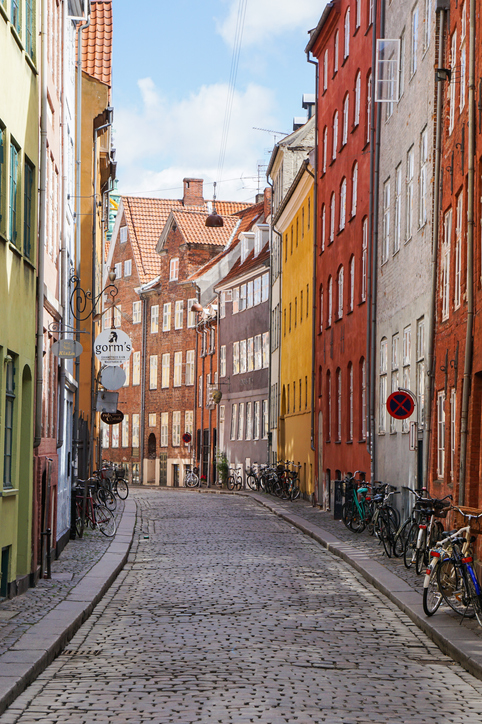

2ND / STOCKHOLM
Only Zurich is ranked higher than Stockholm in the European education category. This is something that respondents noted on the basis of important aspects, such as the fact that the Swiss city has been one of the world’s most important places in the world of science since the 18th century.
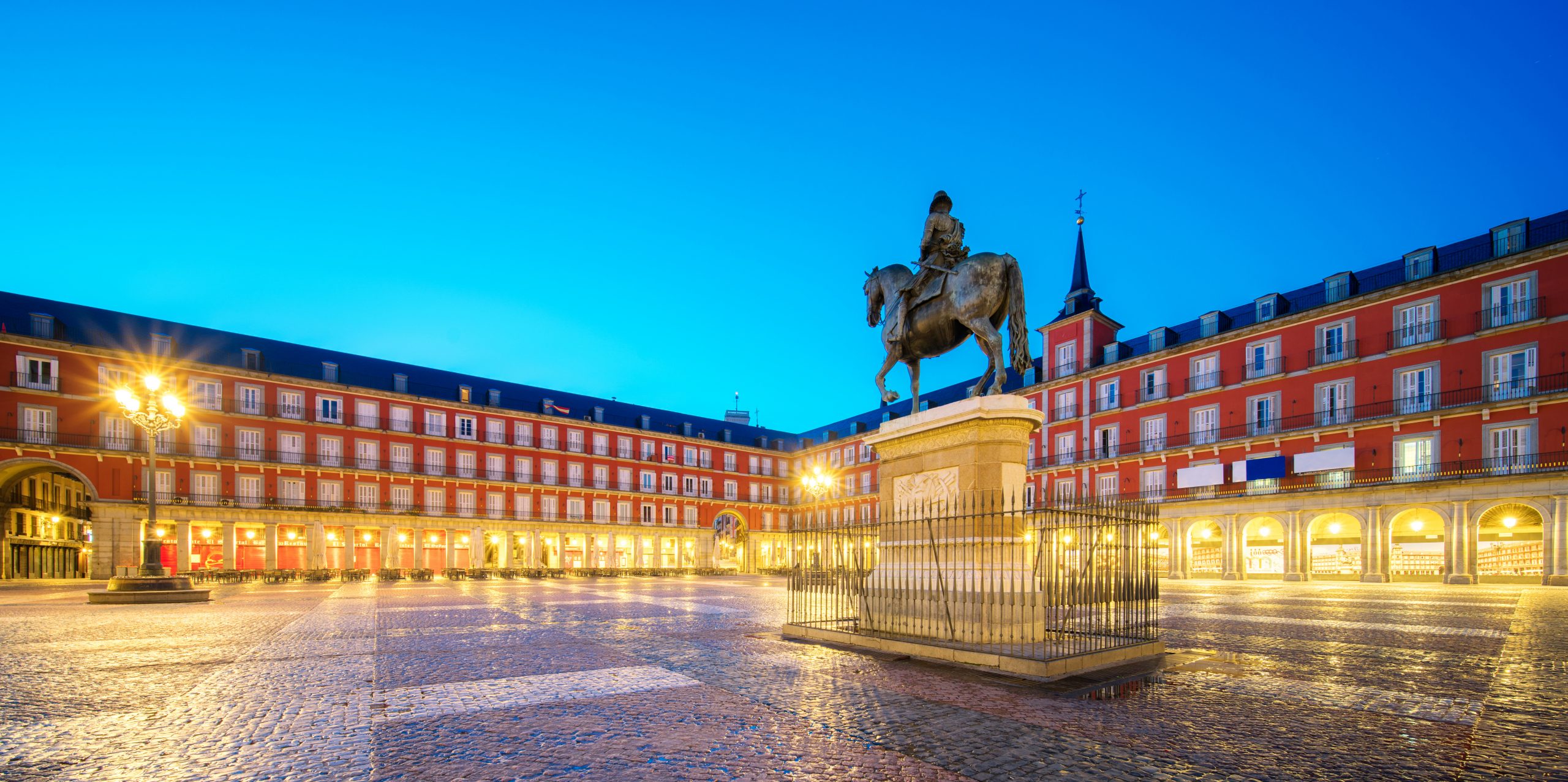

3RD / MADRID
Throughout the city there are more than 200 primary schools, more than 500 kindergartens and more than 300 public schools. The educational offer stands out as one of the strongest in Spain, with six public universities, the UNED and fourteen private universities. Respondents chose Madrid as the third best European city for education because of its large number of educational institutions at all levels.


4TH / MUNICH
Some of the world’s oldest and most famous universities are located in Munich, where there are also a number of very recognisable schools. The German education system is demanding and takes great care to educate its students to the highest level of commitment, which results in a large number of really high quality university students.
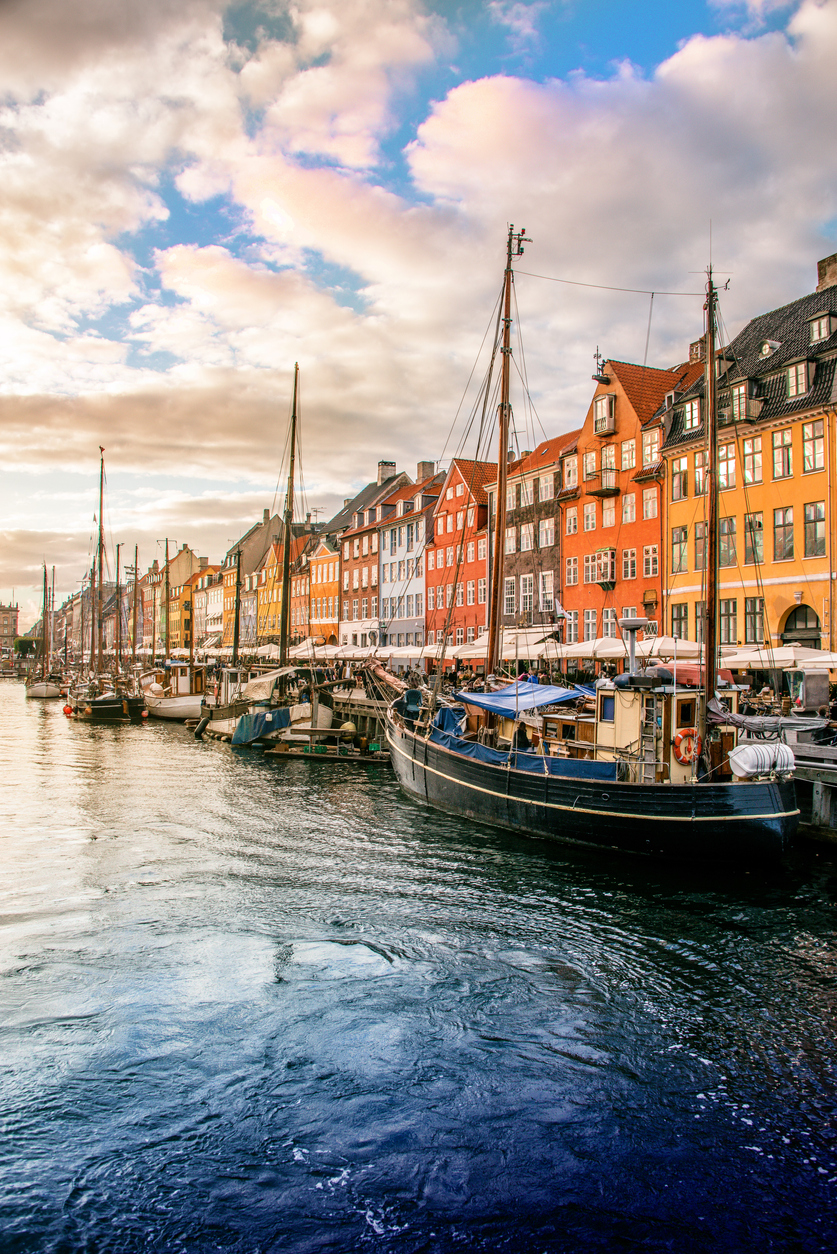
5TH / COPENHAGUEN
The city is home to one of the world’s top 30 universities, the University of Copenhagen, and as such has been recognised with a position of prominence in our survey results. The educational structure of Denmark’s capital city is ranked 5th in the top 10.


6TH / LISBON
Why does Lisbon occupy a very prominent sixth position in our results in the education category when it has no university in the top 100 in the world? There is one reason that explains it all: the great support that the Portuguese capital offers to international residents and their children, who have the opportunity to study in all kinds of centres prepared for them where they can feel at home.


7TH / BRUSSELS
There are more than 15 universities in the city, most of which are dedicated to business education. While some cities have a stronger academic tradition, Brussels does have a large number of students who go on to study at university level – a total of 25 per cent.

8TH / GENEVA
Although students in Geneva can finish compulsory schooling at the age of 15, there is a high rate of young people continuing their studies to university level. Some of Geneva’s major universities include classical centres such as the University of Geneva, founded in 1559, and the International School of Geneva, which was founded in 1924.
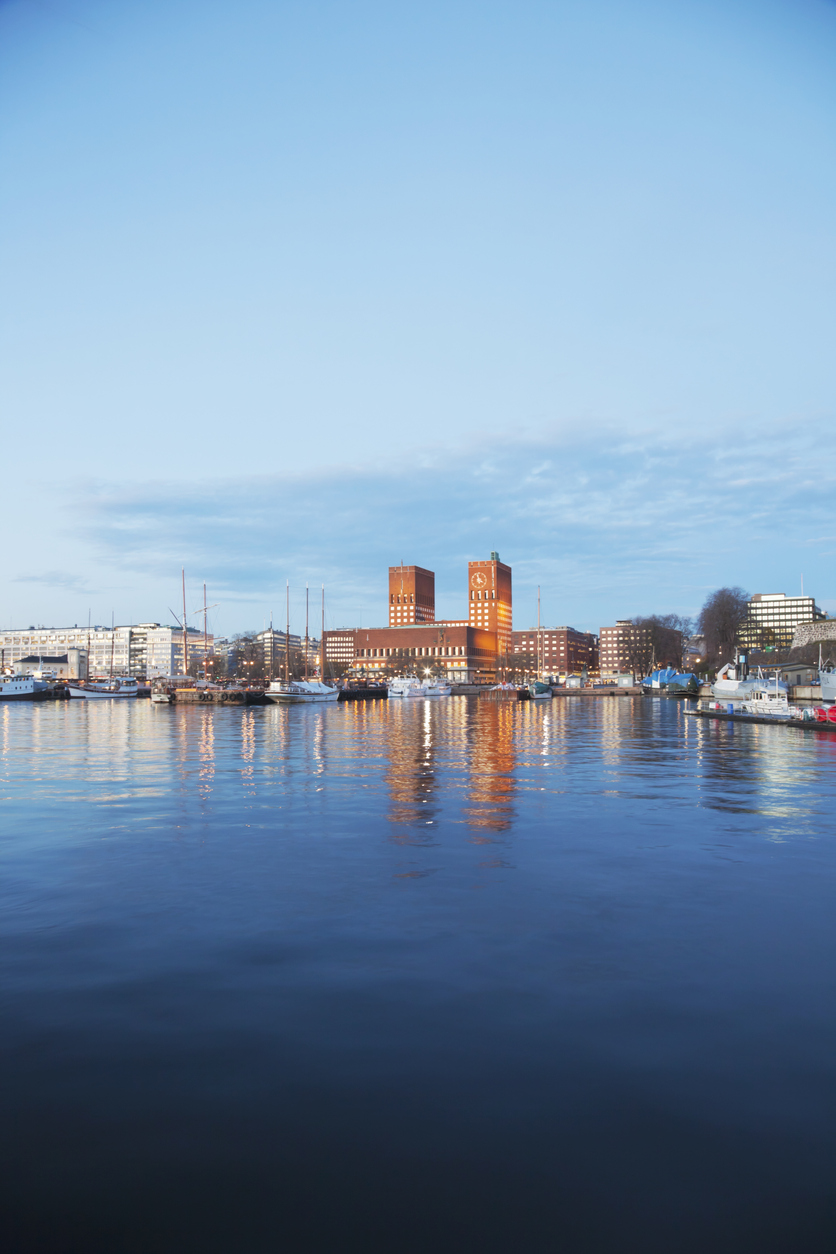
9TH / OSLO
Oslo has one of the highest percentages of students who go on to university education, which also makes the city stand out from other places in terms of the number of professionals trained for the most demanding jobs. Local institutions combine efficiently with international schools such as The British School of Oslo, the Oslo International School or the Norlights International School Oslo.
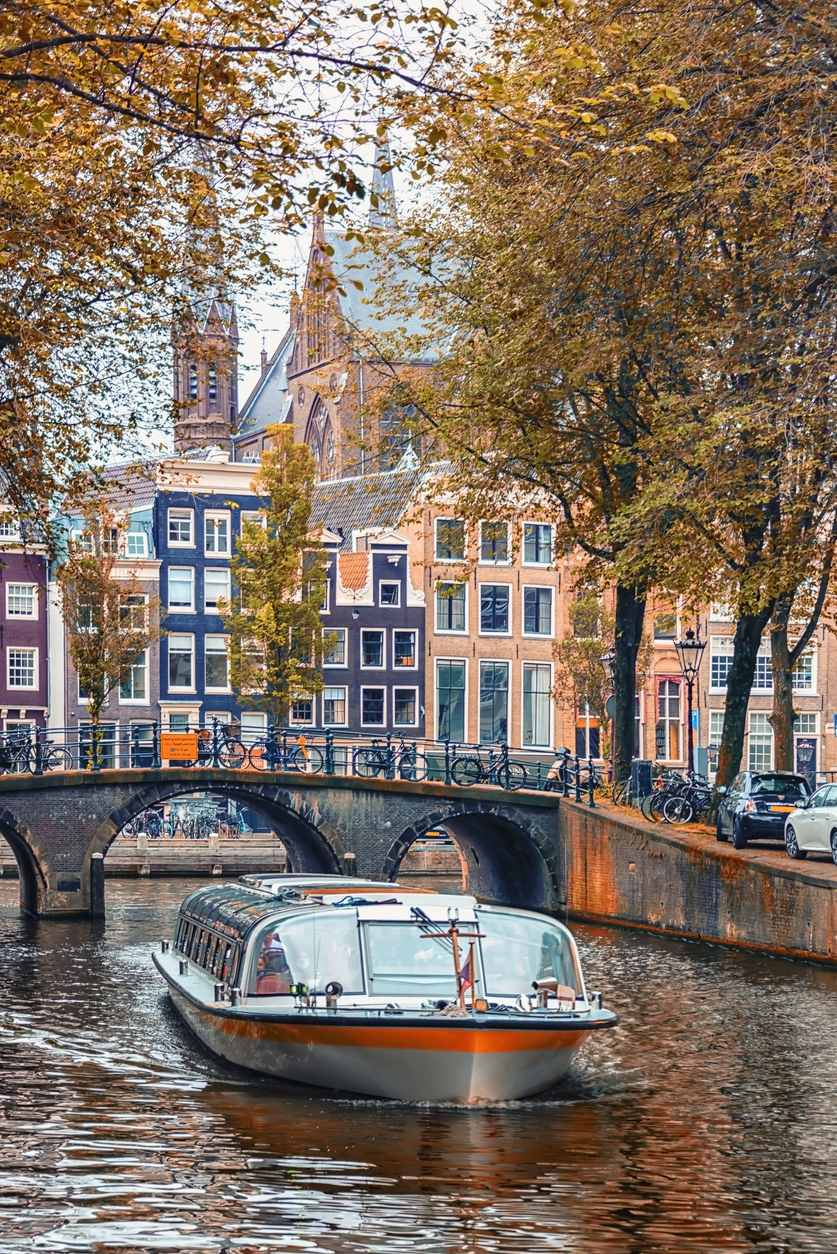
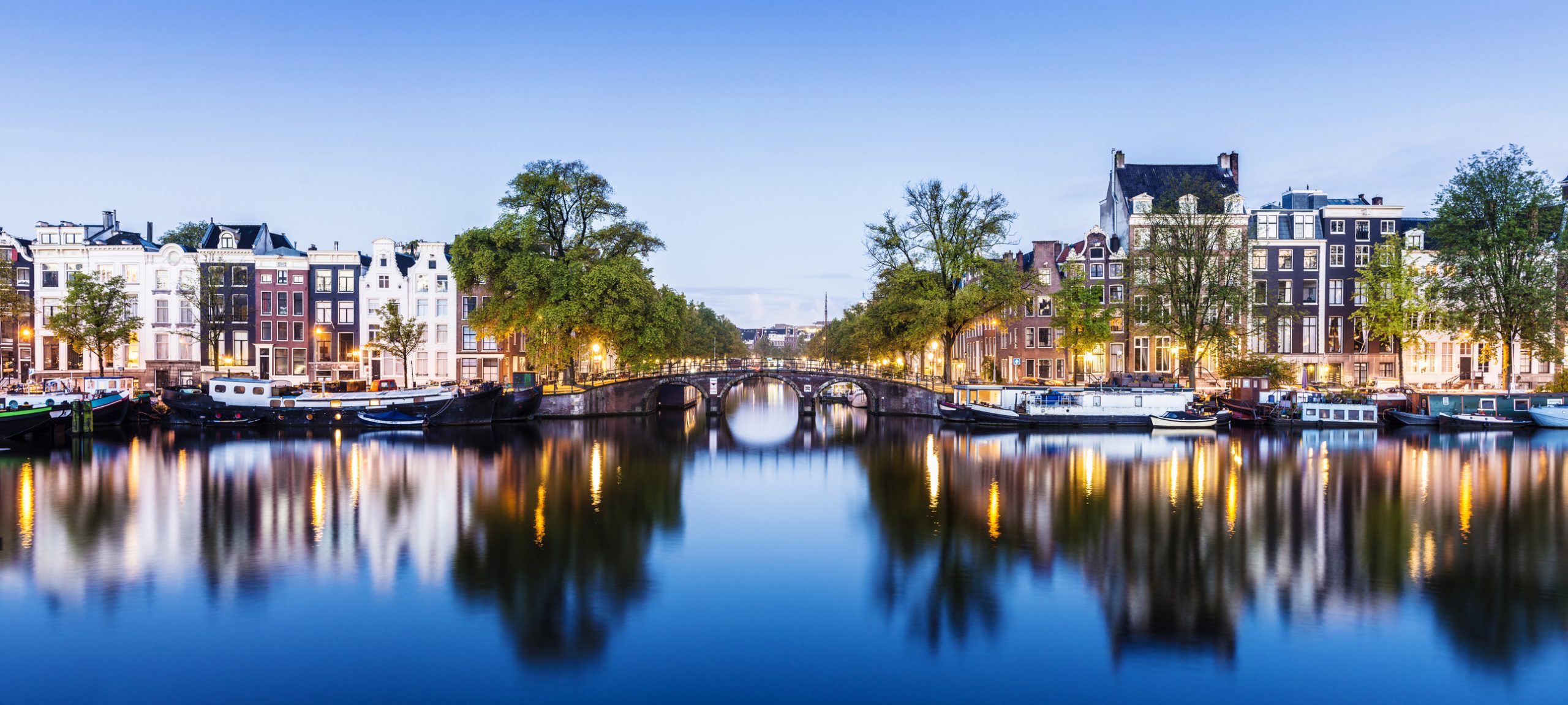
10TH / AMSTERDAM
The capital of the Netherlands enters the top 10 of Europe’s best cities for education only by a whisker in last place. That the city has fallen so far down the list is due to the uneven selection of schools and universities within the city. Above all, one of the difficulties for many people who come to Amsterdam is to choose a school for their children if they are not interested in taking them to a religious school.
